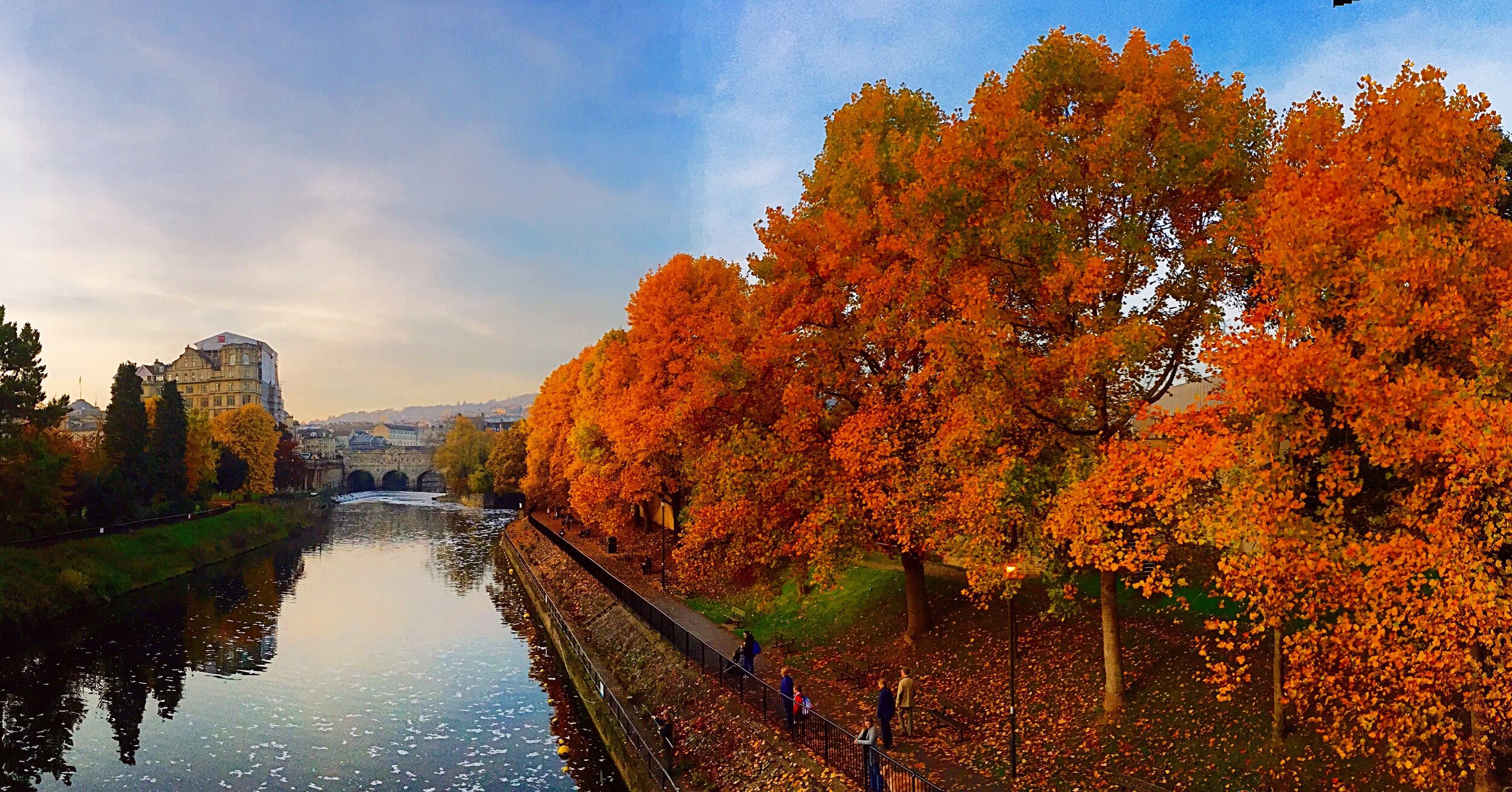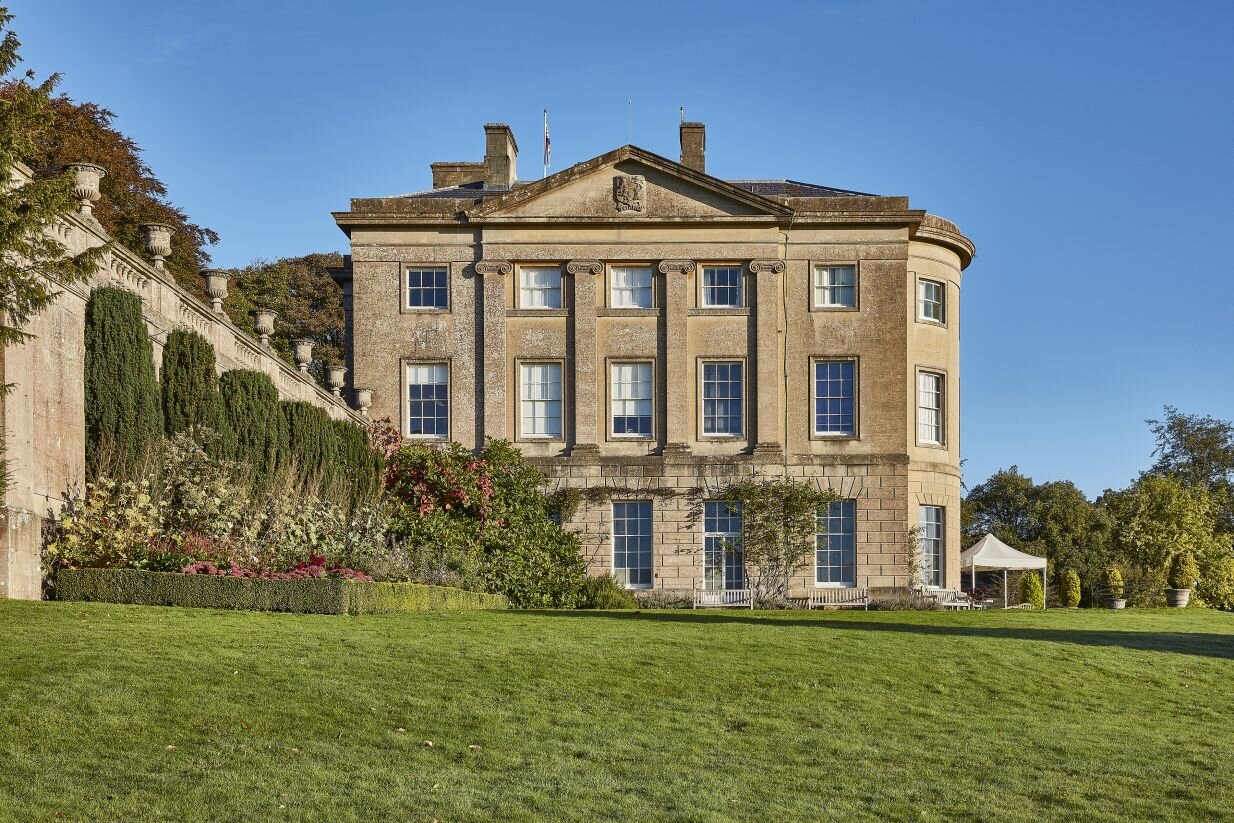
Anthropology
Courses available in Anthropology
ASE offers a range of courses which explore what it is that makes us human, and how humans interact with each other. Many of our seminar classes address issues of cultural anthropology and archaeology. Those students investigating the human past might also find one of our museum internships relevant, while specialists in biological or linguistic anthropology should consider the flexible academic model offered by the Advanced Tutorial Programme.
In this course, we will consider different ways of looking at the castle, not just as a piece of military architecture, but as a home, a centre of power and a stage for social and cultural display.
What does it mean to be British in one of the most diverse countries in the world today? How did the rich ethnic tapestry that constitutes Britain in the early twenty-first century come into being?
This course examines the development of Irish nationalism, the struggle for Irish independence and the development of a separate identity in the north-east of Ireland.
Power is a much misunderstood concept, variously invoked as constructive, liberating, coercive and conspiratorial. How can we best understand it?
This course explores a broad range of topics at the intersection of Psychology and Culture. The term “culture” will be broadly defined but focus on viewing culture through a comparative lens between the United Kingdom and United States. Students will explore and better understand how culture influences their lives and the lives of others across the globe. Special emphasis will be placed on examining the research literature in cultural psychology and critically analysing the impact of culture on everyday life and society in the U.S. and U.K.
What are museums for? Are they simply repositories of objects, or institutions for political and societal change?
This course will engage with current debates around museums: the repatriation of objects, the display of human remains, accessibility, and the cultural politics and active agency of the pieces on display.
This course investigates both the impact of the Roman invasion upon Britain and also the role and function of Britain within the wider Roman empire.
As head of a worldwide empire, Queen Victoria ruled vast swathes of the globe. At Home and abroad, huge contradictions existed - poverty and wealth, freedom and servitude, liberty and suppression.
This course will explore all these contradictions in an era of changing social values, radical politics, and rapid economic growth. Who were 'Victoria's Children', and what kind of lives did they lead? What legacy did they leave for us?
The image of the pillaging Viking raider is a mainstay of popular culture, but behind that image lies a much more complex reality. Students will use a variety of primary source material to explore the diverse and culturally complex Viking world.
The American Museum in Britain was founded in 1958 to show the achievements of Americans in the decorative arts, and to promote Anglo-American understanding.
This internship is based with the Roman Baths Learning and Participation team and involves working with school and family groups, providing out-of-class learning activities.
M Shed tells the fascinating story of Bristol, a vibrant and historically significant city just 15 minutes from Bath by train.
The Museum of Bath at Work charts Bath’s fascinating commercial and industrial history, and its development as a manufacturing centre as well as a tourist destination.
Nearly a million tourists a year from across the globe come to see the Roman Baths, making the site one of the leading visitor attractions in the country.
With its two museums, historic nineteenth-century dockyard and lovingly restored Victorian ship, Brunel’s SS Great Britain is now Bristol’s number one visitor attraction. We tell the incredible story of one of Britain’s greatest engineers, and one of the most important ships in maritime history.
Trowbridge Museum explores 1000 years of the town's history, from its roots in the Saxon period to its place as a centre for production of the internationally-prized West of England Woollen Cloth.
The Wiltshire Music Centre is a vibrant and contemporary 300-seat concert hall in Bradford on Avon (a pretty 15-minute train ride from Bath). Known for its excellent acoustics, the WMC stages 150 events a year as part of its live music, education and outreach programme.

















